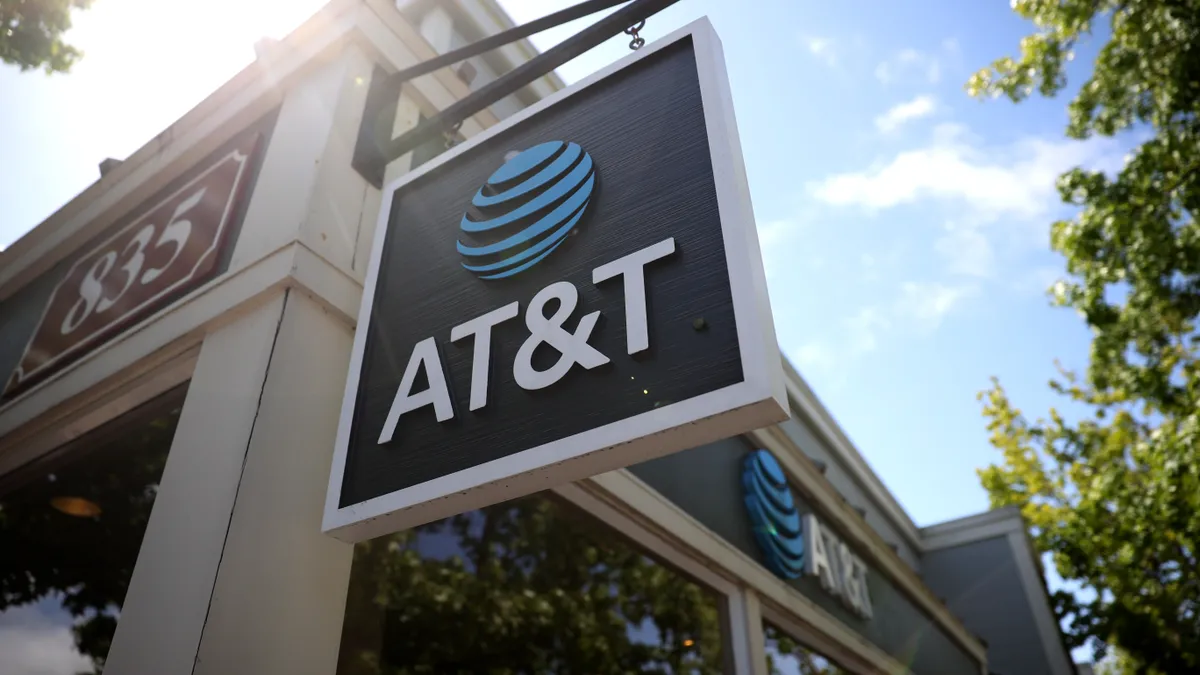When the Securities and Exchange Commission in early December fined AT&T $6.25 million and separately fined three of its executives for disclosing material, non-public information to analysts, the agency said the executives knew the law but broke it anyway.
“As members of AT&T’s IR Department, [Christopher] Womack, [Kent] Evans, and [Michael] Black received periodic training on Regulation FD and were familiar with its proscriptions against the selective disclosure of material nonpublic information,” the SEC said in its complaint. Yet they “knew or recklessly disregarded” what they knew.
Regulation FD [Fair Disclosure] makes it illegal for a publicly traded company to provide internal information to outsiders if that information isn’t released publicly for anyone to see.
In 2016, AT&T’s director of investor relations (IR) instructed the three executives to reach out to Wall Street analysts to try to get them to lower their performance estimates for the company for the upcoming quarter.
Analysts were generally expecting the company to see roughly $1 billion more in revenue for the first quarter of 2016 than the company’s internal figures were showing. Behind the difference were significant changes, both in company policy and what was happening in the wider handset market, that weren't being reflected in analysts’ views.
Among other things, the company had stopped offering discounted pricing to customers who bought their phone through AT&T and fewer people were choosing to upgrade their phone to get the latest model.
At the time, the company was seeing fewer than 5% of its customers upgrade their phone — a record low — while analysts’ consensus view was something above 6%. That and other differences led to a mismatch in what AT&T was seeing in its internal revenue numbers and what analysts were expecting.
To decrease the likelihood the company would fall short of the consensus, the IR director instructed the three executives to “walk the analysts down.”
The goal was to “induce enough analysts to lower their estimates so that the consensus revenue estimate would fall to the level that AT&T expected to report to the public,” the SEC said in its complaint, “i.e., AT&T would not have a revenue miss, which would have been the company’s third consecutive quarterly miss.”
Over several weeks the IR executives disclosed some of the internal data they were seeing with the analysts, in some cases describing the data as analysts’ consensus view.
“On some of Black’s calls,” the SEC said, “he represented to the analysts that he was conveying publicly available consensus estimates, when in fact he was providing AT&T’s own internal projected or actual results.”
As a result of the calls, analysts lowered their consensus view and when AT&T presented its numbers for the quarter — $40.5 billion in revenue — the company exceeded the consensus narrowly, by something just under $100 million.
“Good,” the CEO said, according to the complaint, when the CFO said it looked like they had driven down the consensus.
The $6.25 million fine imposed on the company is the largest by the SEC for a Reg. FD violation.
"The actions allegedly taken by AT&T executives … are precisely the type of conduct Regulation FD was designed to prevent," Gurbir Grewal, the SEC’s enforcement director, said in a statement.
The three IR executives were each fined $25,000.
The company and executives agreed to the penalties without admitting or denying the allegations.











